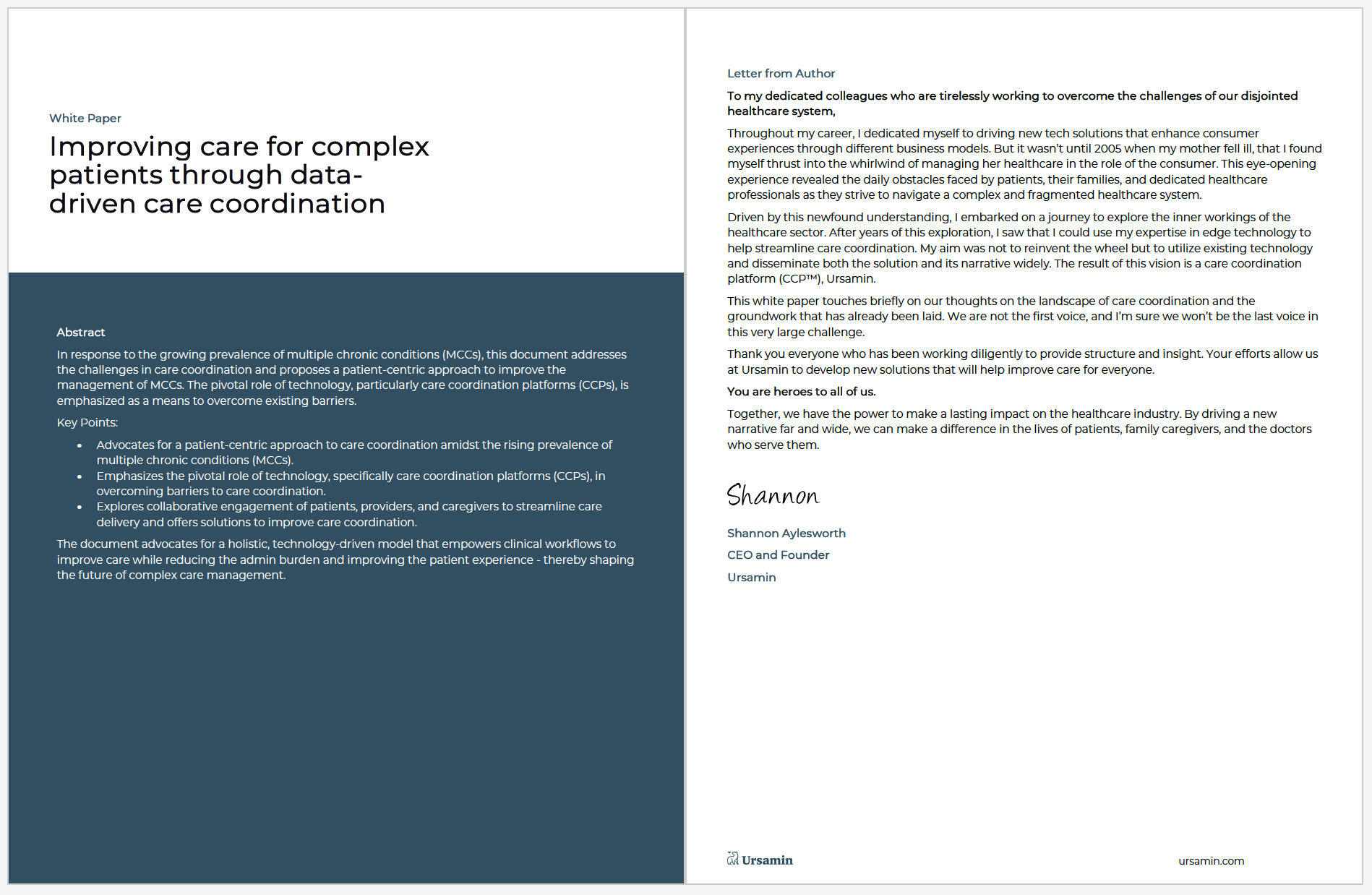The healthcare system faces a significant challenge: a shortage of primary care doctors. This issue has been exacerbated by increased burnout, a wave of retirements, and the growing prevalence of chronic illnesses.
Burnout among Primary Care Doctors
Burnout is one of the main factors contributing to the primary care doctor shortage. Since 2005, chronic illnesses have grown by 37%, and the doctor-to-patient ratio has also increased. This has led to doctors feeling overwhelmed with patients and lacking the tools to manage their caseloads effectively.
Additionally, the rise in wearable technology and electronic medical records has led to an influx of data that doctors must process, adding to their workload. The COVID-19 pandemic only worsened the burnout issue, pushing many healthcare providers to their limits.
Retirements and the Aging Workforce
Another factor contributing to the primary care doctor shortage is the wave of retirements among healthcare professionals. Many of these doctors are part of the baby boomer generation and were already considering retirement before the pandemic. The additional pressures of COVID-19, including vaccination mandates and increased workload, have led many to retire early or seek alternative careers in concierge medicine or other healthcare side hustles.
Finding the Right Primary Care Doctor
In light of the primary care doctor shortage, planning and starting your search for a healthcare provider is essential. Here are some tips on finding the right primary care doctor for you:
- Look for doctors who use digital health tools and offer virtual health services. Companies like CVS, Walgreens, and Amazon are acquiring many primary care practices, leveraging technology to provide more accessible healthcare options.
- Consider urgent care centers or practices affiliated with retail clinics. These facilities often have primary care doctors on staff and can provide a more convenient option for care.
- Gather and organize your medical history and data. With many patients transitioning to new healthcare providers, having your medical history readily available can make your first appointment more productive.
The primary care doctor shortage is a complex issue with no easy solution. However, by understanding the causes of the shortage and exploring alternative options, you can take steps to ensure you and your family have access to quality healthcare. Start your search for a primary care doctor today and consider the benefits of digital health tools and new healthcare models to navigate this challenging landscape.





